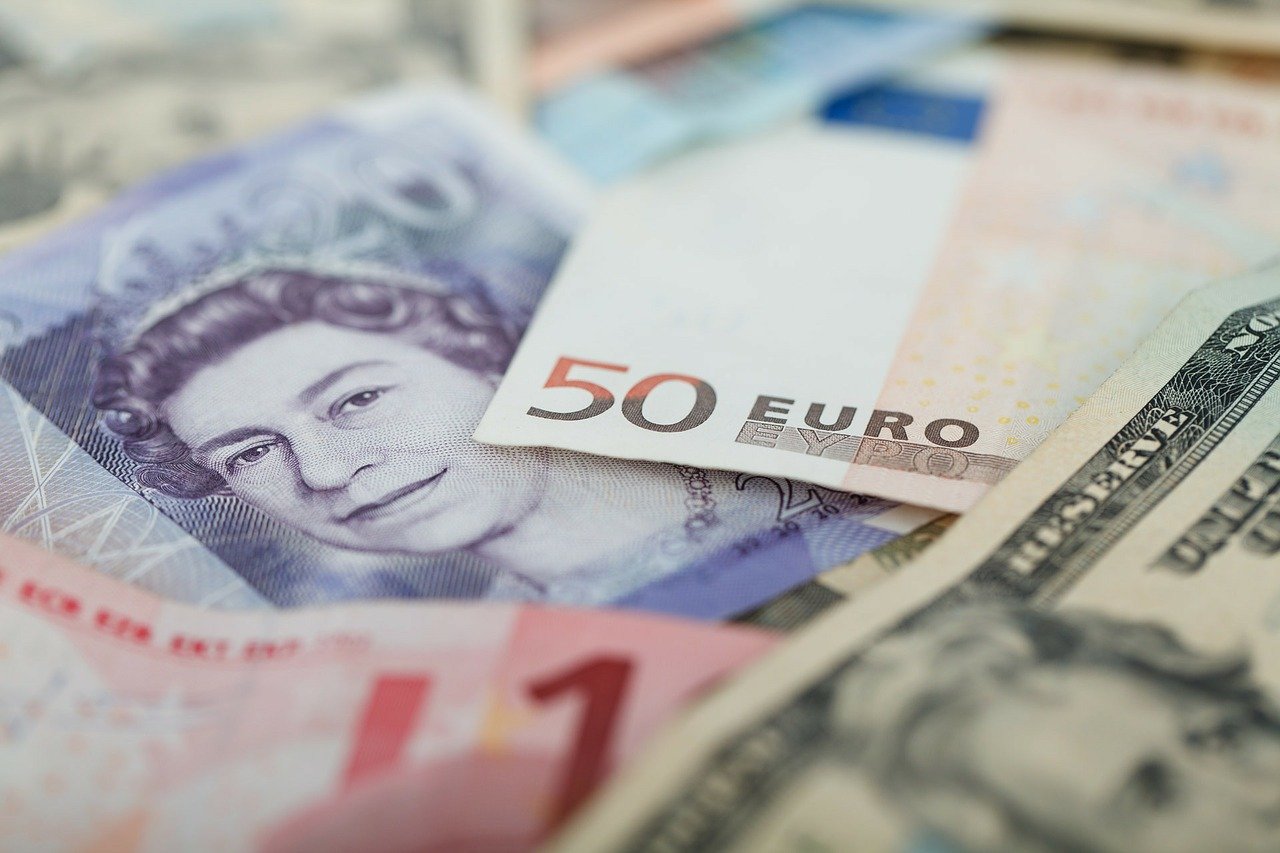
Europe | FX | Politics & Geopolitics | UK

Europe | FX | Politics & Geopolitics | UK
This mood music over the past few days has been in stark contrast between Frankfurt and London. ECB president Christine Lagarde today presented a reasonably upbeat assessment on the Euro area, while reiterating more stimulus would be added if needed. While in London, PM Boris Johnson is facing sharp criticism from the EU for publishing new legislation that would rescind parts of the signed EU withdrawal treaty. EUR/GBP price action reflects the different fortunes.
ECB Opens the Door For Further Euro Appreciation
A slight upgrade to the ECB’s GDP growth and inflation projections (including an upward revision to 2022 core inflation) set the tone for a cautiously upbeat press conference. Risks to growth remain on the downside, particularly given the rising number of COVID cases and slowing service sector momentum, and the forecasts highly uncertain. But the combination of fiscal and monetary support, and an improving external backdrop saw the ECB move up this year’s GDP forecast to -8.0% from -8.7% earlier.
This article is only available to Macro Hive subscribers. Sign-up to receive world-class macro analysis with a daily curated newsletter, podcast, original content from award-winning researchers, cross market strategy, equity insights, trade ideas, crypto flow frameworks, academic paper summaries, explanation and analysis of market-moving events, community investor chat room, and more.
This mood music over the past few days has been in stark contrast between Frankfurt and London. ECB president Christine Lagarde today presented a reasonably upbeat assessment on the Euro area, while reiterating more stimulus would be added if needed. While in London, PM Boris Johnson is facing sharp criticism from the EU for publishing new legislation that would rescind parts of the signed EU withdrawal treaty. EUR/GBP price action reflects the different fortunes.
A slight upgrade to the ECB’s GDP growth and inflation projections (including an upward revision to 2022 core inflation) set the tone for a cautiously upbeat press conference. Risks to growth remain on the downside, particularly given the rising number of COVID cases and slowing service sector momentum, and the forecasts highly uncertain. But the combination of fiscal and monetary support, and an improving external backdrop saw the ECB move up this year’s GDP forecast to -8.0% from -8.7% earlier.
On the recent -0.2% YoY Euro area inflation reading Lagarde said this did not come as a surprise to the ECB. And despite the introductory statement noting headline inflation is expected to remain negative in the coming months she said that deflation risks had eased since June. The staff projections saw the 2020 inflation forecasts left unchanged and 2021 revised higher. That said, Lagarde stressed that the Pandemic Emergency Purchases Program would ‘very likely’ be used in full but no expansion from the current €1350bn had been discussed.
The reasonably constructive tone on both growth and inflation allowed Lagarde to adopt a neutral stance on the recent euro appreciation. She reiterated the ECB do not target the exchange rate but as an important input into ECB projections the Bank are, of course, watching its performance. The euro jumped higher on the news and at $1.19 is now back close to levels in late August.
New legislation published by the UK yesterday has inflamed already-stretched relations between the UK and EU and has increased the chance of no deal once the transition period ends in December. The proposed internal market bill would overwrite parts of the withdrawal treaty signed earlier this year and leave the UK in breach of international law. The resignation of Sir Jonathan Jones, the head of the government’s legal department, earlier this week was reportedly in response to this legislation.
Brexit talks had been stalled due to disagreements over fisheries and level playing field provisions with the EU insisting these issues were resolved before moving further. But the latest tensions over the legislation plus Boris Johnson’s comments of a 15 October deadline for a free trade deal to be achieved mean brinkmanship has reached a new level. The pound is suffering given this latest flare up in tensions and right now the risks point to further weakness ahead.
Spring sale - Prime Membership only £3 for 3 months! Get trade ideas and macro insights now
Your subscription has been successfully canceled.
Discount Applied - Your subscription has now updated with Coupon and from next payment Discount will be applied.